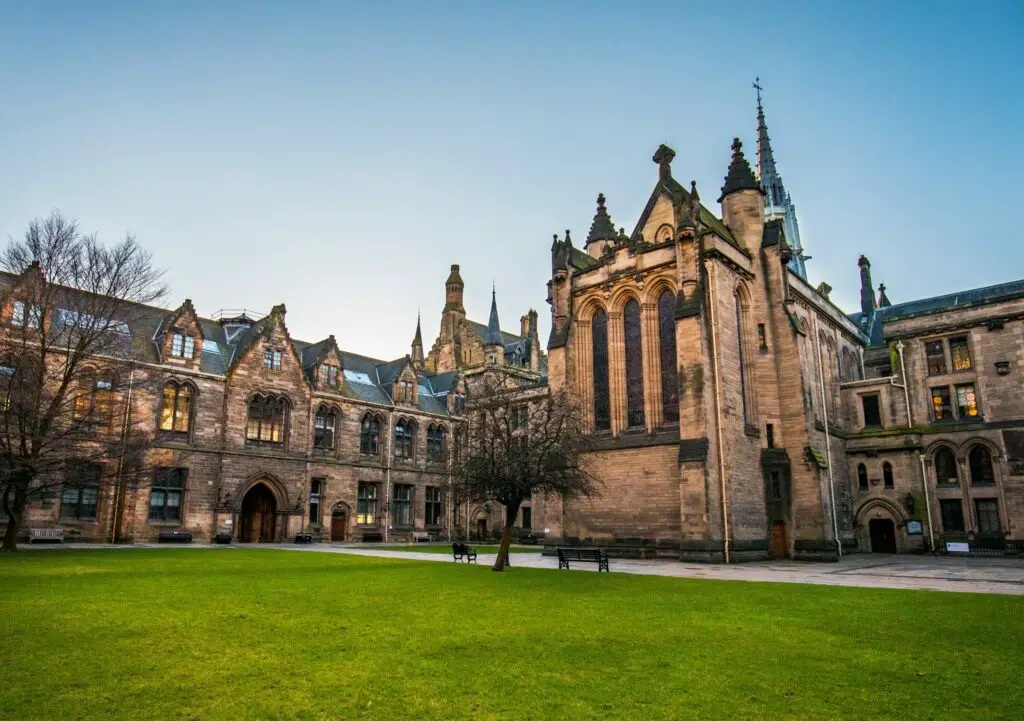Kenya is a developing nation with a young population and a burgeoning economy. To support this growth, the government has invested heavily in higher education to ensure that the country has a skilled workforce to drive development. But for many students, the expense of higher education in Kenya continues to be a barrier. Let us know ‘Is College Free In Kenya?’.

In this article, we will explore the state of college accessibility in Kenya, the role of the government in making college accessible, and the programs and policies in place to increase access to higher education.
Is college free in Kenya?
No, college in Kenya is not fully free. The Kenyan government, on the other hand, has enacted initiatives to make higher education more accessible and cheaper to its inhabitants.
The government, for example, established the Higher Education Loans Board (HELB), which gives loans and bursaries to students from low-income households who may be unable to pay tuition and other expenditures. Furthermore, several institutions and schools provide scholarships and financial help to qualified students.
Additionally, To increase access to higher education, the Kenyan government has introduced several initiatives, such as the 100% transition strategy, which guarantees a spot in public universities or colleges to all students who finish secondary school.
However, students are still required to pay some fees and expenses, such as registration fees, examination fees, and accommodation fees. Private universities and colleges in Kenya also charge tuition fees, which can vary depending on the institution and program of study.
Understanding the Higher Education System in Kenya
In Kenya, the higher education system is divided into two main categories: universities and colleges. Universities offer degree programs while colleges offer diploma and certificate courses. Colleges are governed by the Technical and Vocational Education and Training Authority (TVETA), whereas universities are governed by the Commission for University Education (CUE).
The Role of Government in Making College Accessible in Kenya:
The government of Kenya has made college education a priority by investing in infrastructure, expanding the capacity of colleges and universities, and implementing policies that increase access to higher education. One of the ways the government has increased access to college education is by establishing the Higher Education Loans Board (HELB).
The Board for Higher Education Loans: An Overview
The Board for Higher Education Loans is a government agency that provides loans and bursaries to students from low-income families who may not be able to afford the cost of tuition and other expenses. The loans are repayable after graduation at a low-interest rate. Students that excel in their academics are also given scholarships by the organization.
Programs and Policies that Increase Access to Higher Education in Kenya
The Kenyan government has initiated various programs to increase access to higher education, such as the 100% transition policy. The policy ensures that all students who complete their secondary education are guaranteed a slot in public universities or colleges. The government has also increased the number of universities and colleges in the country and expanded the capacity of existing institutions.
Understanding the 100% Transition Policy and its Impact on College Accessibility
The 100% transition policy was introduced in 2018 to ensure that every student who completes secondary education has access to higher education. The measure has significantly impacted Kenya’s ability to enter higher education. More students are now able to access a college education, especially those from low-income families who may not have been able to afford it before.
College Fees and Expenses in Kenya
Although the government has made efforts to make college education accessible, students are still required to pay some fees and expenses, such as registration fees, examination fees, and accommodation fees. Private universities and colleges in Kenya also charge tuition fees, which can vary depending on the institution and program of study.
Scholarships & Financial Assistance for Kenyan College Students
To further increase access to college education, universities and colleges in Kenya offer scholarships and financial aid to deserving students. Some institutions also partner with organizations and foundations to provide scholarships to students who may not qualify for government loans or bursaries.
Conclusion
College accessibility in Kenya has come a long way, and the government has made significant strides in making higher education accessible to all. To guarantee that any student who wants to pursue higher education may access it, nevertheless, there is still work to be done. In the future, the government must continue to invest in higher education, expand the capacity of institutions, and implement policies that make college education affordable and accessible.
FAQs
1. What is the Board for Higher Education Loans?
A government organization called the Higher Education Loans Board (HELB) offers loans and scholarships.
2. What are the qualifying requirements for the Board for Higher Education Loans or bursaries?
To be eligible for a loan or bursary from the Higher Education Loans Board (HELB), a Kenyan citizen must be enrolled in a recognized institution of higher learning and demonstrate financial need.

